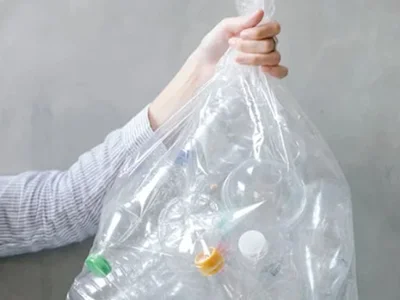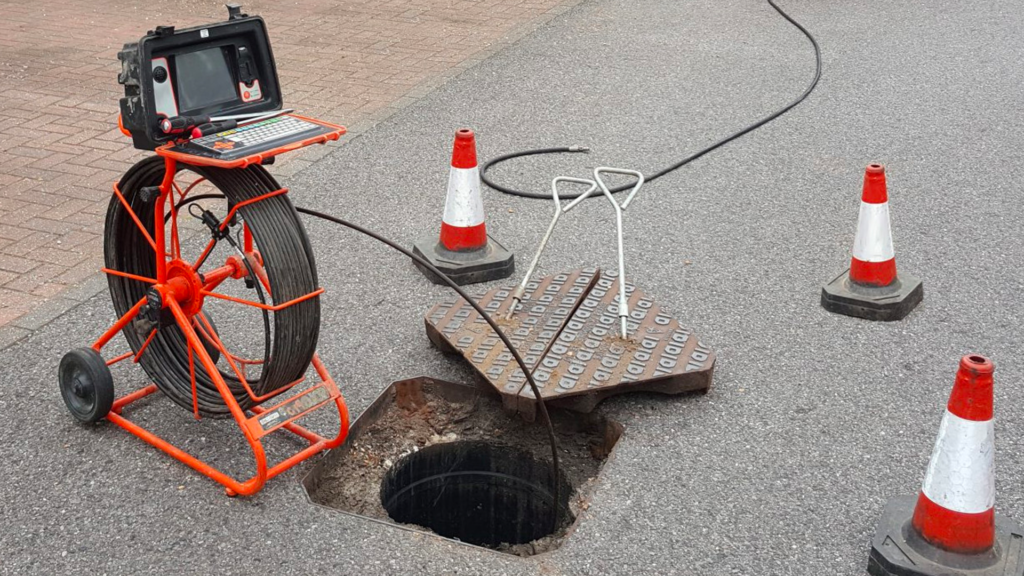Excitement About Reclaim Waste
Table of ContentsSome Known Factual Statements About Reclaim Waste Facts About Reclaim Waste RevealedGetting The Reclaim Waste To WorkThe Definitive Guide for Reclaim WasteReclaim Waste Things To Know Before You Get This
Explore the kinds, incidents, and types of liquid waste. Residential sewage waste refers to the waste and items from a household septic system. This sort of waste is developed by human beings in houses, institutions, and various other buildings. This only includes septic systems that have a drainpipe field. The correct administration and disposal of domestic sewer waste require liquid waste to be transferred to a sewer treatment plant where the proper methods and tools are used to detoxify and deal with waste.
Commercial waste usually includes prospective threats, such as flammable products or a mixture of fluid and solid waste items, and requires an extra sophisticated and detailed disposal procedure. The disposal of industrial waste normally includes the purification of waste prior to transportation to guarantee safe and proper disposal. Hazardous waste is developed from byproducts and overflow of commercial procedures and manufacturing.
This kind of waste can not use the exact same sewer monitoring transport or procedures as septic or commercial liquids. The commercial waste management process needs the examination and screening of liquid waste before it goes through the disposal procedure (liquid waste removal). Overflow waste is the fluid waste that originates from runoff and excess stormwater in highly populated locations or cities
Runoff waste can trigger contamination and flooding if not taken care of properly. Find out more regarding sewer cleaning and waste monitoring. Making certain correct waste administration can prevent catastrophes and decrease environmental injury. Both individuals in property settings and professionals in commercial or manufacturing sectors can gain from comprehending the processes and regulations of fluid waste administration.
The Only Guide for Reclaim Waste
Get in touch with PROS Providers today to discover our waste monitoring and disposal services and the appropriate ways to take care of the fluid waste you produce.
(https://www.ted.com/profiles/48198485/about)Do you understand what happens to your water when you disengage, flush the commode or drain pipes the washing equipment? No? Well, it's worth knowing. This supposed 'wastewater' is not only a vital resource yet, after therapy, will be released to our land, rivers or the ocean. Made use of water from bathrooms, showers, bathrooms, kitchen area sinks, washings and industrial procedures is called wastewater.

water made use of to cool equipment or clean plant and devices). Stormwater, a form of wastewater, is overflow that flows from farming and urban locations such as roofing systems, parks, yards, roads, courses and gutters right into stormwater drains, after rainfall. Stormwater flows untreated straight to local creeks or rivers, eventually reaching the ocean.
Our Reclaim Waste Diaries
In Queensland, the majority of wastewater is dealt with at sewer therapy plants. Wastewater is moved from residential or commercial websites through a system of sewage systems and pump terminals, called sewage reticulation, to a sewer therapy plant. City governments develop, preserve and operate most sewage therapy plants. Operators are certified under the Environmental Management Act 1994 to release cured wastewater at an acceptable environmental standard into rivers.
The Division of Natural Resources suggests city governments regarding managing, operating and maintaining sewage systems and treatment plants. In unsewered areas, city governments may require homeowners to install individual or family sewage therapy systems to deal with domestic wastewater from toilets, cooking areas, restrooms and laundries. The Department of Natural Resources authorises making use of home systems when they are confirmed to be efficient.
In some brand-new class, treatment of some stormwater to get rid of trash, sand and gravel has started utilizing gross pollutant catches. Wastewater treatment happens in four stages: Gets rid of solid matter.
Wastewater then streams right into large storage tanks where solids settle and are eliminated as sludge. Oil and scum are skimmed from the surface area. Makes use of small living microorganisms referred to as micro-organisms to damage down and remove continuing to be dissolved wastes and great particles. Micro-organisms and wastes are incorporated in the sludge. Gets rid of nitrogen and phosphorus nutrients that can create algal blooms in our waterways and intimidate marine life.
The Basic Principles Of Reclaim Waste
Nutrient elimination is not readily available in any way sewer therapy plants due to the fact that it requires expensive specialised tools. It is ending up being extra typical in Queensland. Clear fluid effluent generated after therapy might still include disease-causing micro-organisms. If this effluent is released into rivers such as rivers or the sea, the micro-organisms will at some point pass away out.

The majority of wastewater streams into the sewage system. Under the Act, neighborhood federal governments administer approvals and licences for ecologically appropriate tasks (Periods) entailing wastewater launches that may have a local influence.
How Reclaim Waste can Save You Time, Stress, and Money.
Monitoring gives valid details regarding water high quality and can validate that permit conditions are being met. The info acquired through tracking supplies the basis for making water high quality decisions.